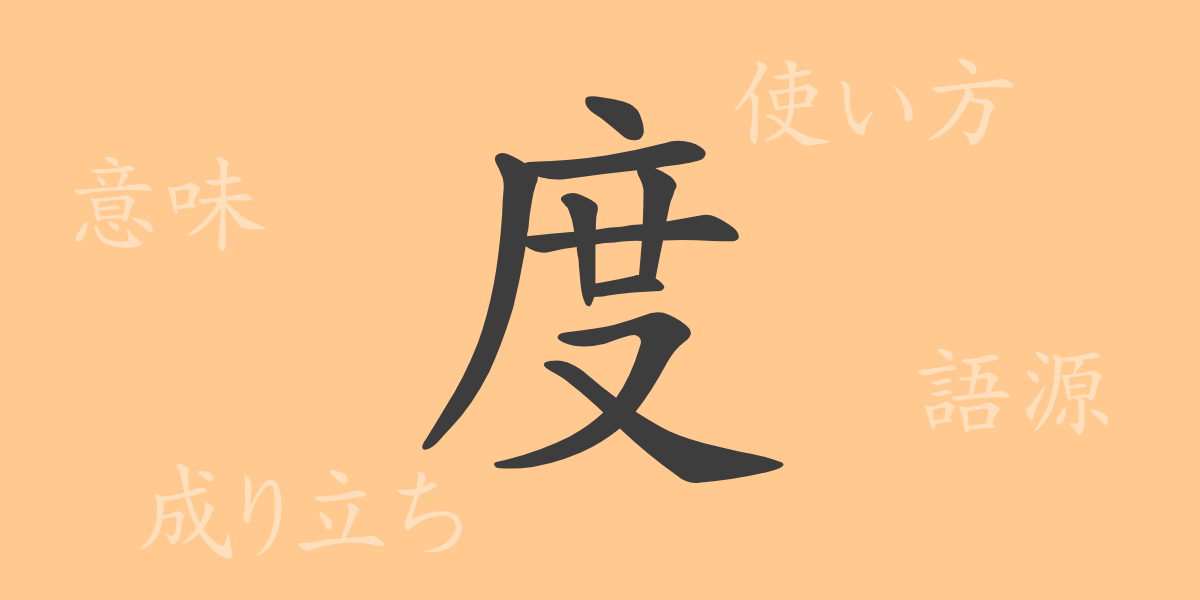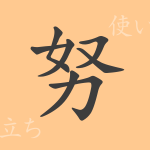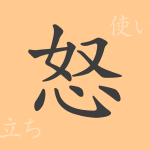Japanese characters, each with their own history and meaning, deeply reflect the culture’s linguistic richness. The Kanji ‘度(ど)’, frequently used in daily life and appearing in various phrases and idioms, is no exception. This article delves into the origins and modern uses of ‘度’, exploring its allure.
Origins of ‘度(ど)’
The Kanji ‘度’ originated in ancient China, initially derived from the verb meaning ‘to cross’. It evolved to signify measurement and frequency, drawing from the notion of crossing a set standard. Additionally, in Buddhist terms, ‘度脱(どだつ)’—meaning ‘to save or deliver’—imbues it with connotations of salvation.
Meaning and Usage of ‘度(ど)’
‘度’ encompasses meanings such as ‘to measure’, ‘times’, ‘extent’, and ‘to consider’. It’s used in various contexts, for example, ‘度忘れする’ (to forget) and ‘度を越す’ (to go too far). It also appears in scientific terms like ‘温度(おんど)’ (temperature) and ‘度数(どすう)’ (degree).
Readings, Stroke Count, and Radical of ‘度(ど)’
The Kanji ‘度’ is a fundamental character in Japanese, essential to know:
- Readings: On’yomi ‘ド’, Kun’yomi ‘たび’, ‘はか.る’
- Stroke count: 9 strokes
- Radical: 士部(さむらいへん)
Phrases, Idioms, and Proverbs Using ‘度(ど)’
The Kanji ‘度’ features in numerous Japanese phrases, idioms, and proverbs:
- 度胸(どきょう): Courage or bravery
- 度外視(どがいし): To ignore or disregard
- 度忘れ(どわすれ): To forget inadvertently
- 出る杭は打たれる: A proverb meaning people who stand out are often criticized
Conclusion on ‘度(ど)’
The Kanji ‘度’, despite its simple form, possesses a wide range of meanings and applications, ingrained deeply in our everyday life and specialized contexts. Through this article, we have gained a deeper understanding of ‘度’s profound nature and its versatility in use.

























